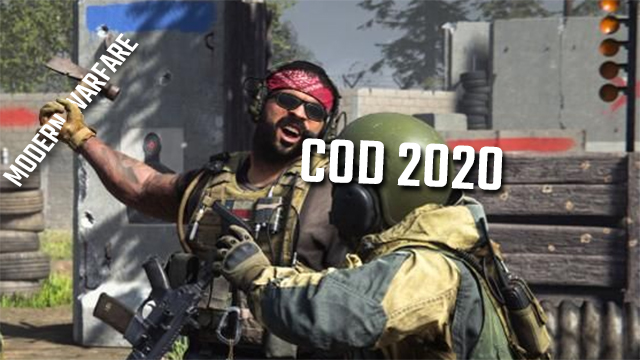Modern Warfare is an unmitigated success. Call of Duty games usually are, but Infinity Ward’s 2019 entry is different. And not only does it feel different, Activision has the numbers to back it up. The publisher revealed today that Modern Warfare has sold more copies than any other entry (at this relative point after release), garnered more…

Atlas is an action-rpg with rogue-like elements where you use your ability to control the ground to fight the enemies and move through procedurally generated worlds.










